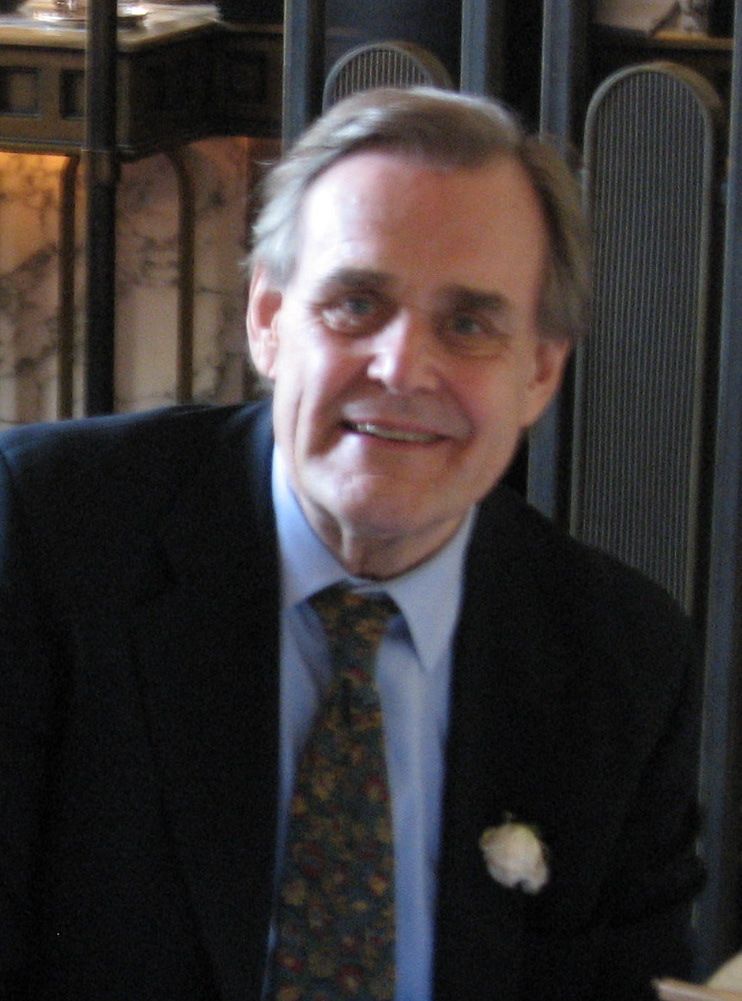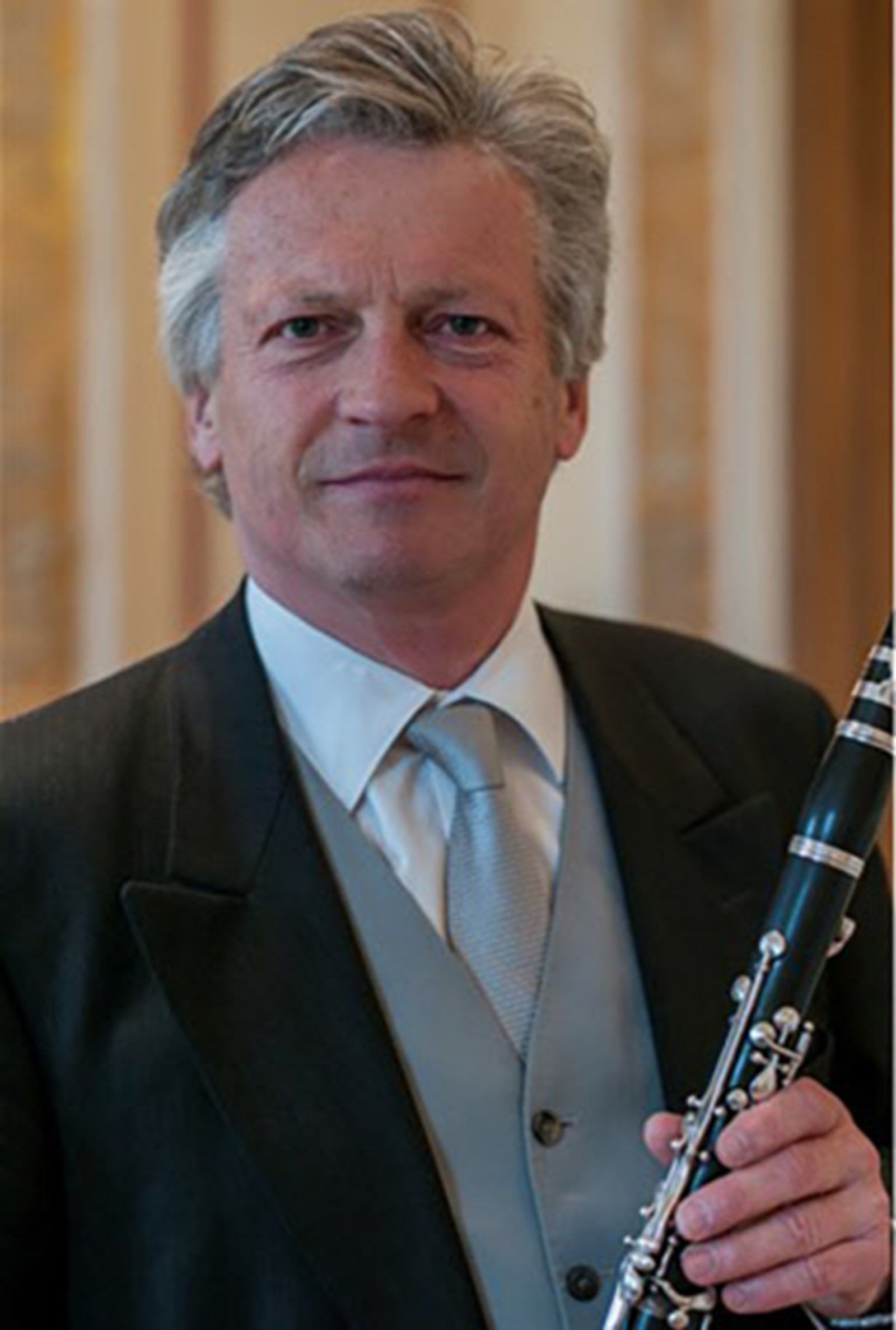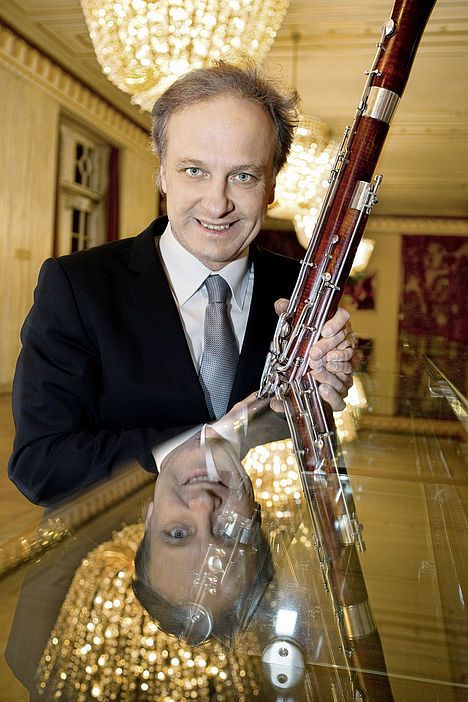Conductor Richard Stamp in interview: Copland and Strauss


It was a pleasure for Classical Explorer to chat with conductor Richard Stamp: this recent Signum disc presents the first release of recordings from 1990 (Copland) and 1991 (Strauss), vital repertoire in the freshest of performances. All the pieces date from the 1940s, embracing the end of a music tradition and the beginning of another. We find Richard Strauss in his miraculous Indian Summer, where music flowed like the purest Spring water from his pen, meanwhile Copland's music embraced folk music and jazz. The disc features two of the finest of soloists: Ernst Ottensamer on clarinet (former principal of the Vienna Philharmonic and father of two principal clarinettists of leading World orchestras, Daniel and Andreas Ottensamer of the Vienna and Berlin Phiharmonics); and bassoonist Stepán Turnovský, who joined the Vienna State Opera in 1978 and the Vienna Philharmonic in 1981.
Richard Stamp's recordings of Strauss with Virgin Classics have been much praised: writing in the US-based Fanfare magazine about Stamp's recordings of Richard Strauss songs with Gundula Janowitz, Peter J. Rabinowitz said of Stamp's conducting that, "few conductors have so sure a sense of Straussian upholstery". Much the same could be said of the way Stamp nails the vernacular of Copland on this disc.
Illinois-born Stamp founded the Academy of London in 1980, the group that excels in the Richard Strauss here. Sir Georg Solti, no less, heard him conduct at Cambridge University and encouraged him to take up the prefession; he subsequently studied in London with Sir Colin Davis and in Vienna (the Academy of Performing Arts) with Hans Swarowsky.
The Duet-Concertino of Richard Strauss (1946/7) is scored for clarinet and bassoon with string orchestra and harp. Stamp, trained in Vienna and which city was a second home for him, had available four or five principals from the Vienna Philharmomic and enjoyed many events with Gundula Janowitz (Stamp was responsible for bringing her back to England after nearly a decade's gap). "For the Mozart Bicentenary we did the Mozart Requiem in Westminster Abbey with Janowitz and Christa Ludwig, the only performance ever in Britain of the Arnold-Schoenberg Chor. "
"We were in the first generation of people contracted to Virgin Classics," says Richard, "it was an ongoing programme, and one of the records on our list was the Prelude to Capriccio and the Duet Concertino. In 1991 we invited Ottensamer and Turnovsky over to do the Duet Concertino, which we did at St John's, Smith Square; the two soloists also did a series of masterclasses at the Royal College of Music. The day after the concert, we recorded the Strauss in Rosslyn Hill Chapel with Floating Earth and Mike Hatch. The gossamer-light textures from the orchestra and the sheer mastery of the soloists is remarkable:
"The engineer Mike Hatch said to me" (of the Duet-Concertino) 'I've never heard this work before' and there's a reason for that. The technique of those two guys is beyond belief; they took it so fast, which didn't spare the orchestra". As so often with Strauss, there is a programmatic element, here with the Princess and the Bear (a kind of variant on Beauty and the Beast) and that sense of dialogue really comes across in Stamp's performance. Ottensamer and Turnovský were indeed good friends, and how it shines here.
Stepán Turnovský, invidentally, is the son of the Czech conductor Martin Turnovský, himself a student of Karel Ančerl who emigrated to Austra after the Prague Spring (post -1989 he was to return to Prague). Stepán was only four when Martin left Prague, so is completely Viennese-trained; and has literally spent his life with Ottensamer at his side.
The sheer lyricism of the slow movement showcases Turnovský's art in particular:
Three years later, for a concert at the Victoria and Albert, Stamp invited Ottensamer and Turnovsky back. "Ottensamer had always wanted to record the one work he didn't do - Vienna being Vienna, they had barely heard of Copland - so he gave his first performance in London of the Copland Clarinet Concerto. Some twenty years later we recorded Appalacian Spring and the Concerto".
The combination of Strauss and Copland works perfectly. "This is not a curate's egg: the unique thing was that these were two late works of the leading composers of the two combattant nations of the Second World War, all four works composed in the 1940s". Stamp points out the artwork to this disc is similarly ideal for purpose: photos of the two composers from the 1940s, juxtaposed on a dark gray clooud "almost to suggest a surreal explosion so you really have the subliminal feeling of the fog of war. I couldn't have been more thrilled about that" (the design is by Marcus Bettley).
The second half of the recording was done with the Royal Northern Sinfonia at The Sage, Gateshead in September 2014 (produced by Nick Parker and engineered by Mike Hatch). Tragically Ernst died of a heart attack in July 2017 and never heard the finished edit. "We're hoping for a big release; Ottensamer was a household word in Central Europe" The booklet is fabulous; Richard Wigmore provides expert notes. John West, who produced the Strauss, it was who suggested Signum for the release.


The Copland Clarinet Concerto has a similar sense of textural awareness: translucent, varied, even more modern that one us usally accustomed to. The piece seems to be hust coming into vogue - what with Massimiliano Martín's nre recording on Delhian coupled with the Nielsen concerto and James MacMillan's Tuireadh on Delphian. "I love Copland and I've done Appalacian Spring many tiems. The thing that has always amazed me is the chamber version is so much greater than the symphonic version which he was persuaded to do. Copland's first thoughts are so transparent and so miraculous. It's incredibly difficult and its impirtant to try to end without a full harmonic close on any section so the one section moves into the next. I've very pleased with it, and Mike Hatch did a miraculous balancing job up at The Sage."
"The Copland Clarinet Concerto is interesting because Ottensamer brings out a Mahlerian aspect but its very pure and very fine. My own feeling is that before one even starts this is a unique hybrid written exlusively by Benny Goodman. Goodman was so terrified of it he kept cancelling premieres for two years. but Copland's genius lies in understanding Goodman's unique talent and writing a very sophisticated, often Stravinskian accompaniment to music that is is really jazz-inspired ... one of the reasons why Goodman was so terrified is because he used to improvise. This really is sui generis, so I start from that premise. There are marvellous performances - on Testament you can get Karl Leister and Copland with the Berlin Philharmonic in the Philharmonie. Personally, I did it with Thea King as well ."
As Stamp says, Copland "has done something very unique". I kept hearing the counterpoint of the Capriccio excerpt in Copland's writing because of the juxtaposition between the two. Ottensamer is miraculous throughout: listen to the hushed concentration of the first movement, and its almost Mahlerian expansiveness:
This is a very, very special disc indeed, featuring superb playing by two of the finest of soloists and finely-honed playing from the two orchestras under the expert baton of Richard Stamp.
